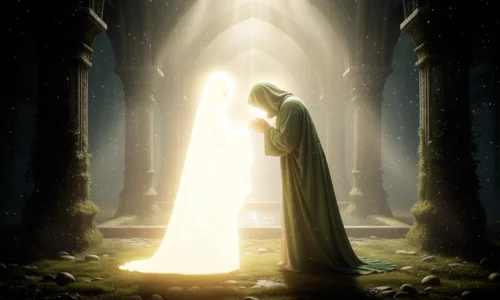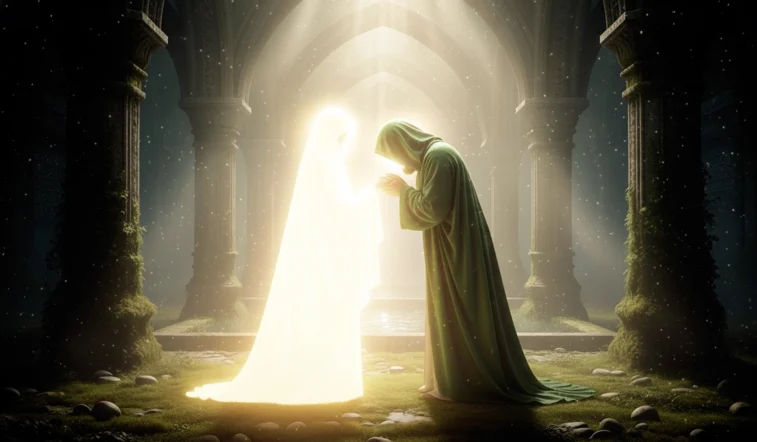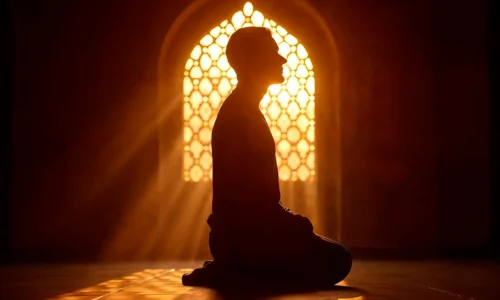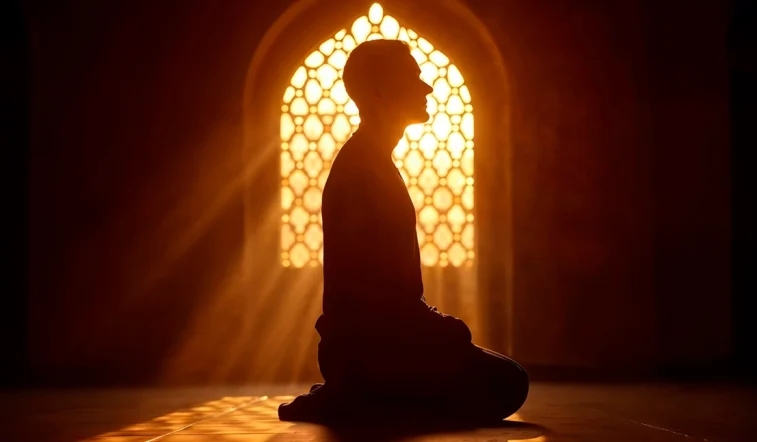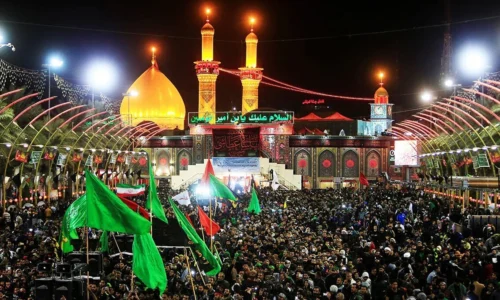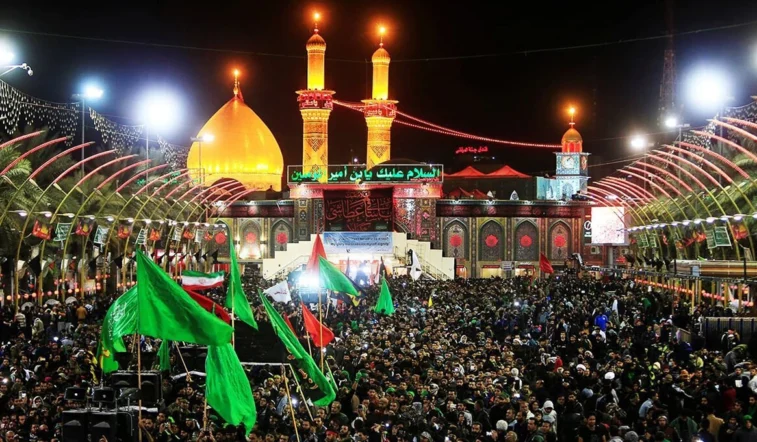Examining the Responsibilities of Muslims in Maintaining Faith, Practicing Righteousness, and Preparing for Imam Mahdi’s Return
The occultation (غیبت) of Imam Mahdi (Peace be upon him)—the 12th Imam in Twelver Shia Islam—is a profound period in Islamic history and eschatology. During this time, the Imam is concealed from the public eye but remains alive by divine will, awaiting the appointed time to reappear and establish justice on earth. This prolonged absence poses unique challenges and responsibilities for believers. How should Muslims maintain their faith, uphold righteousness, and prepare spiritually and socially for the Imam’s eventual return amid the distractions and trials of the modern world?
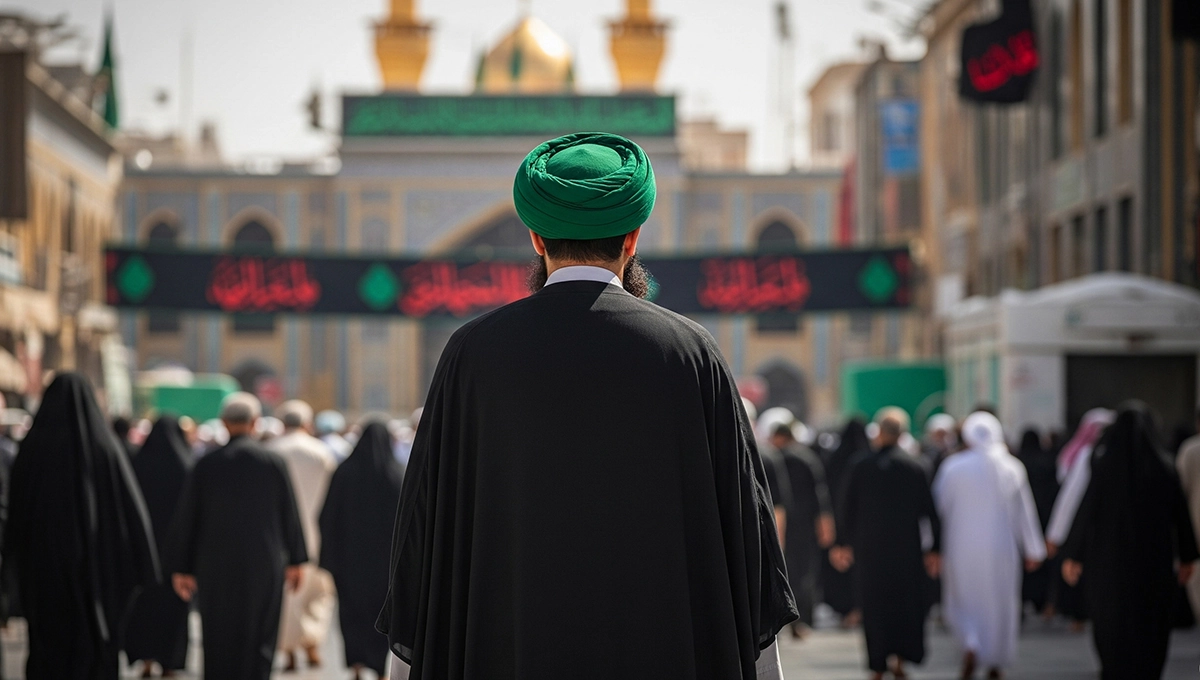
Understanding the Occultation
The occultation is divided into two phases: the Minor Occultation (الغیبة الصغری), when the Imam communicated through appointed deputies, and the Major Occultation (الغیبة الكبرى), the current phase, when direct communication ceased. Despite physical absence, the Imam’s spiritual presence continues, and his followers are called to embody the principles he represents.
The Responsibilities of Believers
1. Maintaining Steadfast Faith
The greatest challenge during the occultation is remaining steadfast in faith without direct access to the Imam. Believers are urged to:
- Trust in God’s wisdom and the divine promise of the Imam’s return.
- Avoid despair or skepticism, recognizing the occultation as a test of faith.
- Study and understand the teachings of the Imams and the Prophet Muhammad ﷺ to stay spiritually connected.
Faith during occultation is an active, ongoing commitment rather than passive belief.
2. Practicing Righteousness and Justice
Imam Mahdi’s mission is to establish justice and righteousness; thus, believers must embody these qualities:
- Uphold ethical behavior, honesty, and compassion in daily life.
- Advocate for justice and stand against oppression within their communities.
- Engage in charitable acts, social service, and support for the vulnerable.
By reflecting the Imam’s values, believers keep the spirit of his leadership alive and prepare the ground for his reappearance.
3. Spiritual Preparation and Worship
Muslims are encouraged to deepen their spiritual connection through:
- Regular prayer (Salah) and supplication (Dua), especially prayers for the Imam’s hastening of return.
- Reflection on the Quran and Hadith related to the Mahdi and the end times.
- Seeking knowledge and personal growth to strengthen inner faith.
Spiritual vigilance helps believers resist the distractions and moral decay prevalent in the world.
4. Promoting Unity and Avoiding Division
During the occultation, disunity and sectarianism weaken the Muslim community. Believers should:
- Foster unity and brotherhood across different Islamic schools and communities.
- Avoid extremist views or actions that harm social cohesion.
- Engage in respectful dialogue and collaboration for common good.
Unity strengthens the community and prepares it to support the Imam’s eventual leadership.
5. Being Vigilant and Ready
The Imam’s return is described as sudden and unexpected, like a thief in the night. Therefore:
- Believers must stay spiritually alert and morally prepared at all times.
- Avoid complacency, laziness, or neglect of religious duties.
- Encourage one another to live righteous lives and be conscious of the signs of the times.
Preparedness ensures that believers can recognize and support the Imam when he reappears.
Challenges in the Modern World
Today’s world is filled with distractions: materialism, political corruption, moral confusion, and social upheaval. These challenges can test believers’ faith during occultation. To navigate these:
- Use technology and knowledge as tools for spreading awareness and education about the Imam’s mission.
- Build communities grounded in ethical values and mutual support.
- Resist influences that lead away from spiritual truth and justice.
Conclusion
The occultation of Imam Mahdi is not a period of passivity but a time of active faith, righteous living, and hopeful anticipation. Believers carry the sacred responsibility of preserving his message through their actions, strengthening their spirituality, and preparing society for the transformative era his return will bring. In this way, the community remains connected to the Imam despite his physical absence, embodying the light of justice and faith until the dawn of his reappearance.
